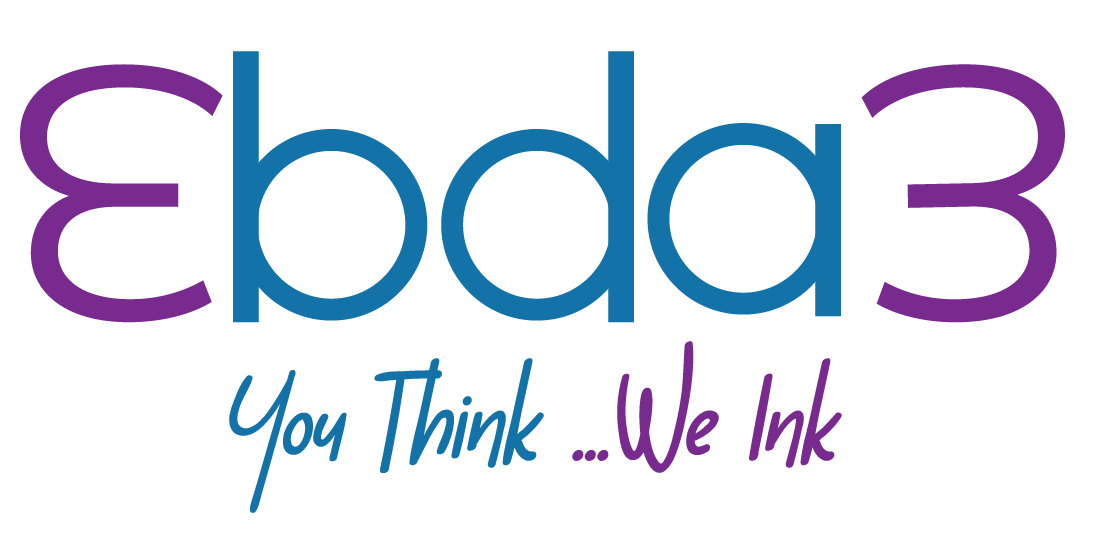Why Landing Pages Are an Indispensable Part of Marketing?

Landing pages also take various forms depending on the growth stage of a company.
But that’s one of the common missteps that I see: Landing pages prioritize the story of the startup rather than the journey of the customer with the startup.
Also, it takes various forms depending on the growth stage of a company.
But that’s one of the common missteps that I see: Landing pages prioritize the story of the startup rather than the journey of the customer with the startup.
It’s often the first impression of a company: a digital introduction to an organization, the problem it tackles, and the solutions it offers. The sophistication of landing pages can vary. Some companies use their homepage as a landing page. Others create specific pages that target discrete customer profiles and move them through a marketing funnel.
How Landing Pages Work
For a more complete understanding of how landing pages make visitor-to-lead conversions (and reconversions) possible, let’s talk through a hypothetical scenario that will help demonstrate the simple pathway of a visitor into a lead through a landing page.
The landing page provides some additional information and details about what she will get out of the free consultation, convincing her it’s worth providing her contact information on the landing page’s conversion form in order to take advantage of the offer.
Copy for a high-performing landing page has three foundational qualities:
It delivers a convincing first impression of the startup:
At a fundamental level, this involves direct, specific, and grammatically correct copy.
That level of precision, and professionalism sets expectations and raises the bar for future engagements with a company’s product and team.
It considers the maturity of the market:
Every market—like every company—is in its own stage of development.
Companies in highly mature markets can use short copy because most visitors already get the ins and outs of the solution or category.
Their focus should be on product differentiators, the brand story, and who’s using it.
It reflects the customer’s stage of awareness:
Effective landing page copy mirrors customer comprehension, which is layered and includes: how well a customer understands the challenge the company addresses, what’s at stake, the changing landscape, and the tools that help.
Why Do You Need Landing Pages?
1- Easily Generate Leads!
If you could do one thing right now to drastically improve your lead generation efforts, it would be to use landing pages on your website.
As we mentioned earlier, too many companies send their email, social media, and search traffic to their home pages. This is the equivalent of throwing leads away.
You could capture these leads at a much higher rate simply by sending them to targeted landing pages.
Landing pages provide a very easy way to generate leads for your sales team that you can then easily segment, nurture, or distribute to your sales team.
2- Give Your Offers a Place to Live:
Marketing offers and landing pages go hand in hand. Just think back to our painting business example.
Without being gated behind landing pages, your offers will do nothing to support your lead-generation efforts.
The idea is to require your website visitors to ‘pay’ you in contact information for something valuable like an offer, and your landing page is the collections tool.
3- Collect Demographic Information About Your Prospects:
Every time a lead completes a conversion form on a landing page, your marketing and sales team is collecting valuable information about your leads.
Your marketing team can then use this information to understand what types of visitors or marketing personas are converting, and your sales team already has a baseline of information about a lead before they reach out.
4- Understand Which Prospects Are More Engaged:
Landing pages not only enable you to generate new leads; they also allow you to track reconversions of existing leads, which you can then use to identify which prospects are more engaged with your business.
This also enables you to collect better intelligence on your leads’ behaviors and activities on your website, which your sales team can use in the sales process.





